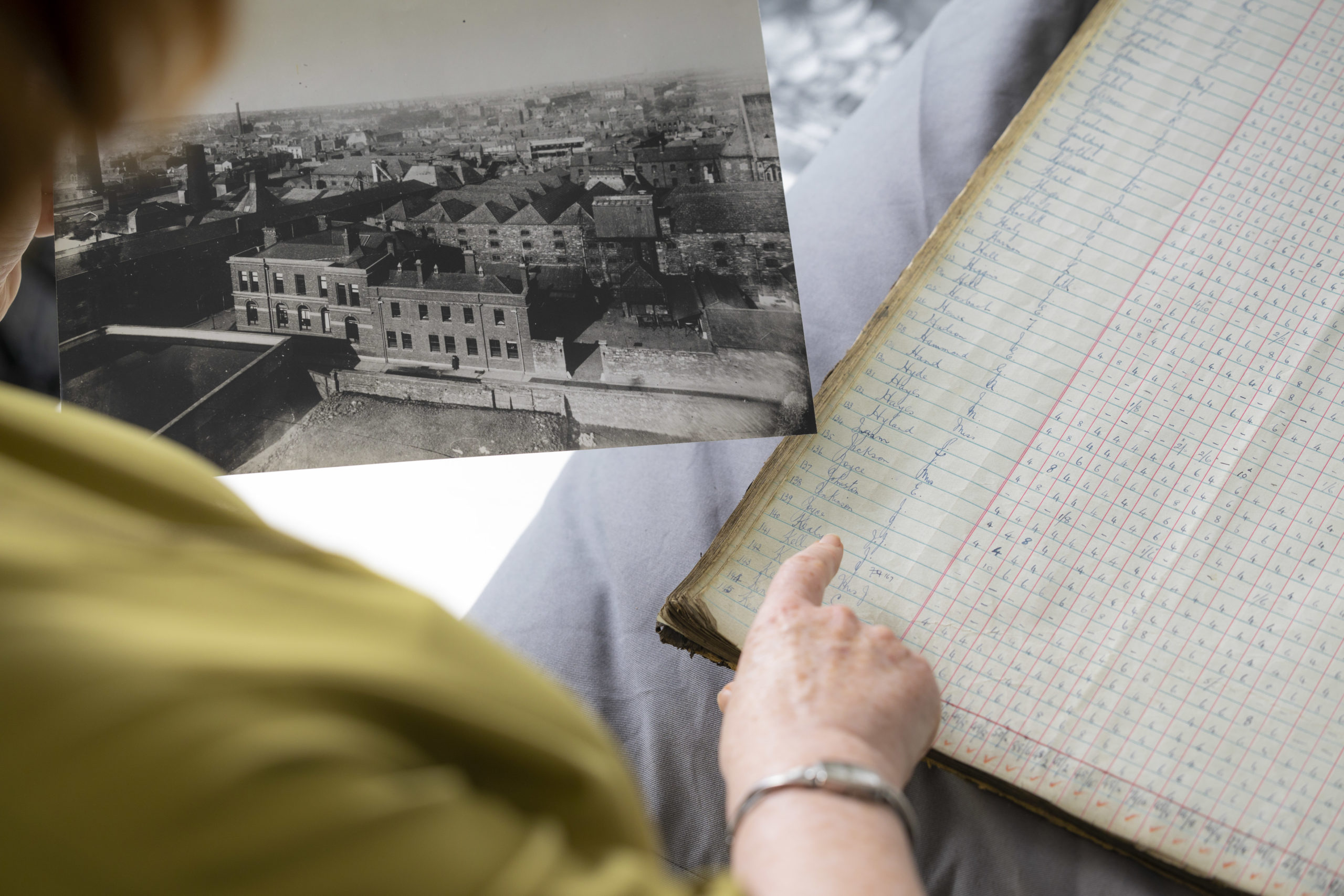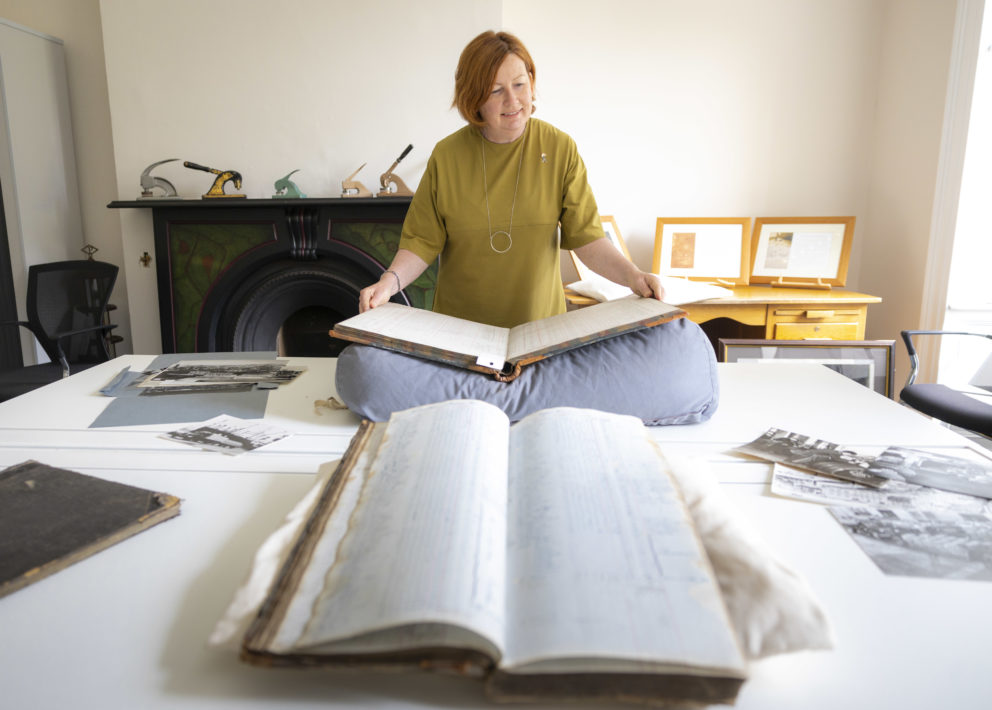
Irish Distillers and Ancestry Digitize Historic Employee Records
Irish Distillers, producer of many prolific Irish whiskeys, and Ancestry, the global leader in family history, are working together to share 100 years of Jameson employee records online for the first time.
The historic Jameson Distillery Bow Street records, which are part of the Irish Distillers archive, contain detailed weekly wage books and include the employee names, as well as occupation, hours worked, and wages paid, spanning more than 100 years from 1862 to 1969 (with records holding personal information available to view up to 1937, due to privacy laws.)
The collection, which contains over one million indexed records, is now available to search on Ancestry and will be free of charge to access until July 31st 2021, and will then be available with membership after.
Every bottle of Jameson Irish whiskey features an emblem known as the ‘Barrelman’ which was first produced almost 100 years ago and symbolises the passion and team effort that goes into making every bottle of whiskey. The Jameson Distillery at Bow Street closed as an operational distillery in Dublin in the 1970s and production moved to Midleton, but today, the lives of its ‘Barrelmen’ can be explored through these digitised wage books – a potential treasure trove of information for those researching their Irish family history.
Additionally, the records show further insight into life in Ireland within the period covered. During the Easter Rising in 1916, the distillery on Bow Street was taken over by the rebels which meant no staff could get to work. By law, that meant the employer did not have to pay them. However, there is a note in the wage book to say: ‘Rebellion in Dublin, all employees paid full week’.
Carol Quinn, Archivist at Irish Distillers said: “We are incredibly proud to partner with Ancestry and bring these archives to a global public audience for the first time. These records are important for many reasons, but mainly because for many listed in the earlier volumes, there is no other surviving administrative record of their lives. Civil registration of births only began in 1864, so many may not have had birth certificates, and later records were destroyed in the bombing of the Four Courts in 1922.”
“While the archive is an internal resource for Irish Distillers and is not open to the public, I have always tried to answer any genealogical query that I receive. However, physically looking through the volumes – some of which are half a metre in size – isn’t good for the longevity of the records and leads to damage. Thanks to Ancestry and the team who came to Midleton to digitise the volumes, all of the records are available online and people can look up the records themselves and find out if their relatives worked at Jameson Distillery Bow Street and what their working life was like.”
Rhona Murray, Senior Content Acquisition Manager from Ancestry adds:
“Occupation records can be a key resource for those researching their family history as they often provide more detail and context on how their ancestors lived day-to-day. The Jameson Distillery Staff Wage and Employment Books are particularly important as they bring to life a time when the Jameson distillery played a vital role providing employment for the local community – and potentially your ancestors – in Dublin City. We are delighted to be working with Irish Distillers to preserve and provide online public access to this valuable collection, for people in Ireland and those with Irish heritage all around the world.”
Records in the collection span from 1862-1969, but in compliance with the General Data Protection Regulation (GDPR), records that hold personal details are only available to view up to 1937, to protect the privacy of any living people.
The record archive can be found here.


